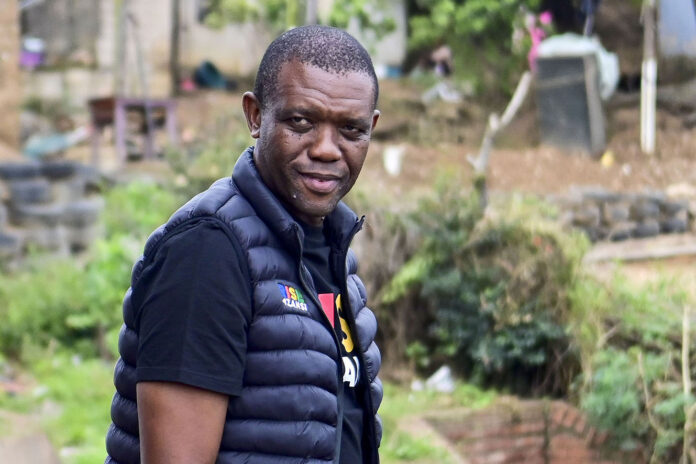In a damning memorandum tabled before parliament’s standing committee on public accounts (Scopa), the Road Accident Fund (RAF) stands accused of misleading MPs, concealing massive legal and media expenditures, and awarding contracts under suspicious circumstances, some of which are under investigation by the auditor-general and the police.
Songezo Zibi, the chairperson of Scopa, pulled no punches in his June 19 communication, painting a picture of a public entity that, at best, appears to be suffering from severe memory loss and, at worst, is actively engaged in a cover-up.
The first salvo comes in the form of repeated “inaccurate, misleading, and/or false information” submitted by RAF officials to parliament.
Examples cited by Zibi include the RAF CEO telling parliament that he had been vetted, only to later appear as “unvetted” in official submissions.
“This is a factual question with a straightforward answer, and there should not have been any confusion,” Zibi wrote pointedly.
Things only get murkier regarding legal spending. Despite repeated requests, the RAF delayed for months before grudgingly releasing a list of law firms and the millions paid to them.
But, says Zibi, even those eye-watering totals did not seem to pass the sniff test: “Given the sheer volume of litigation the RAF undertakes each year, these total cost figures did not, on their face, appear to be a truthful disclosure.”
Payments to law firms not disclosed
Then, in a twist worthy of a Greek drama, a whistleblower provided Scopa with detailed contract records, revealing far higher sums than the RAF had disclosed.
The numbers are not rounding errors — more like rounding off Table Mountain at sea level.
“Total payments to Malatji and Co. in 2023/24 amounted to R126.4-million and not R15-million as reported by the RAF.
“Similarly, payments to Mpoyana Ledwaba Inc. totalled R84-million, not R14.8-million as reported to the committee.
“These are not minor errors but misstatements that can be seen to be misleading the committee,” Zibi reported.
And for those who thought obfuscation was limited to big names, there were “payments to law firms that were either not disclosed or in respect of which there was limited disclosure.
“For example, Mashiane Moodley & Monama were paid over R30-million in 2023/24, which payment was not disclosed at all to the committee.”
Zibi’s solution? “The only way to ascertain the true situation is to subpoena the full record of payments to all law firms to be independently verified by the auditor-general.”
But if you thought legal fees were the only numbers ballooning, wait for the media contracts.
Gxakwe contracts scrutinised
Zibi said the whistleblower’s list exposed two contracts worth R500-million each — yes, for media services.
Both are due to run until late 2027 and 2028, respectively, but the spending is already galloping ahead of schedule.
“Expenditure of over R650-million in two years, with companies whose websites reveal no information about their owners, directors or employees, is deeply concerning,” Zibi wrote.
Oddly, the RAF has no chief marketing officer, and the head of corporate communications is not authorised to sign off contracts of this magnitude.
“This raises questions about the level of due diligence in conceiving, quantifying, and contracting on such a large expenditure and whether rules of corporate governance have not been broken.
“The alleged rate of expenditure, an annualised minimum of R27-million per month over two years, warrants very close scrutiny,” the memorandum states.
The plot thickens with Gxakwe Projects, which, according to an internal RAF audit, should never have been appointed to provide office furniture due to “numerous discrepancies, including the use of other bidders’ information, as if it were Gxakwe’s”.
Nevertheless, they secured contracts totalling over R178-million, with the larger contract awarded under deviation. The matter is now with the auditor-general and the South African Police Service.
Internal processes manipulated
Meanwhile, according to the memo, another whistleblower alleged that the RAF manipulated internal processes to cancel a legitimate tender for Mowana Properties, supported by reams of documentation.
Zibi said: “This information, together with that concerning Gxakwe, has been handed over to both the auditor-general and the South African Police Service for further investigation.”
His recommendations are unambiguous: a special audit into RAF’s financial and governance affairs, engagement with the Special Investigating Unit to recover any misspent funds, and a possible subpoena compelling the RAF’s top brass to testify under oath.
Perhaps echoing the thoughts of many long-suffering South African taxpayers, Zibi concludes: “The committee secretariat has asked for detailed tender evaluation, contracting, and payment information relating to the two contracts.”



